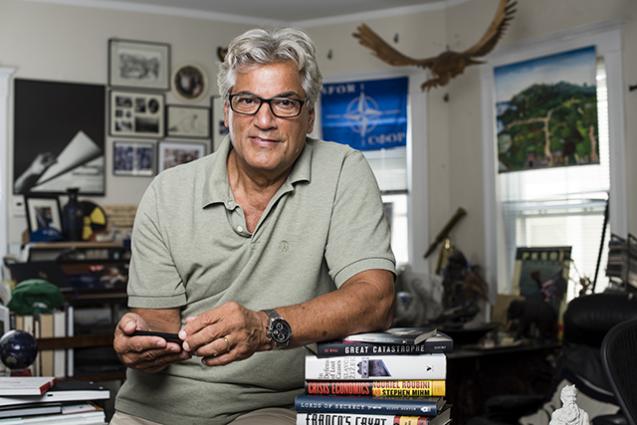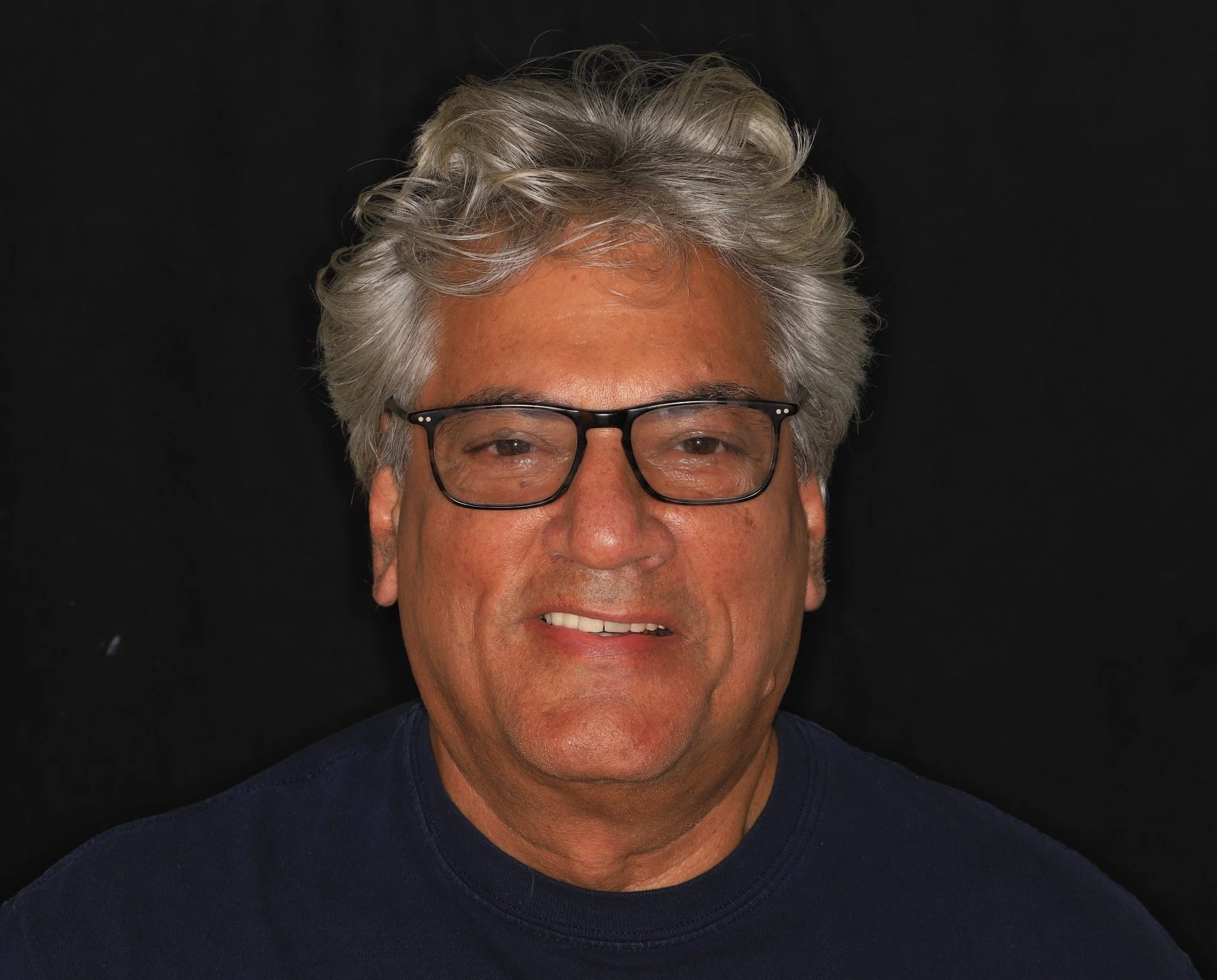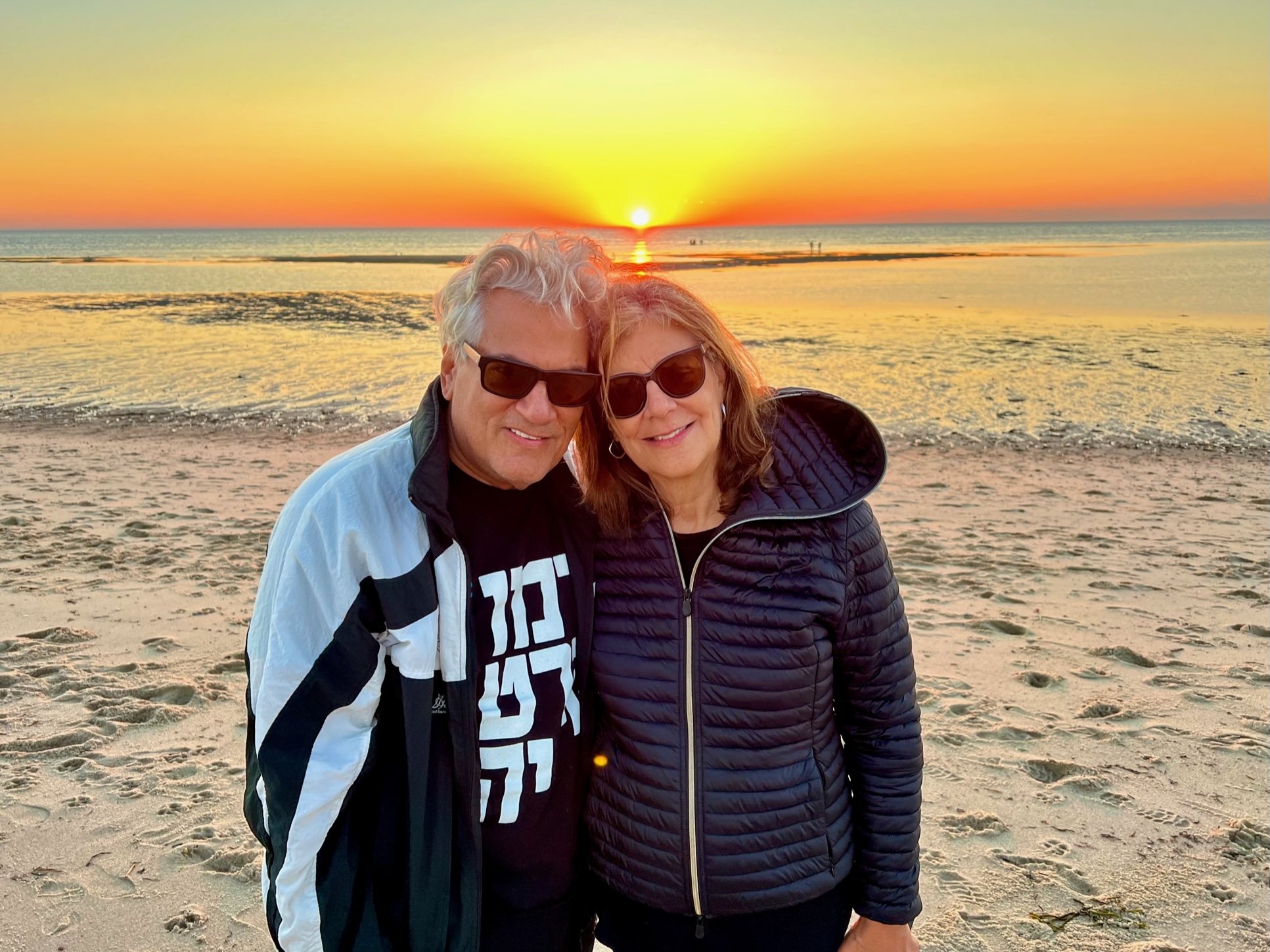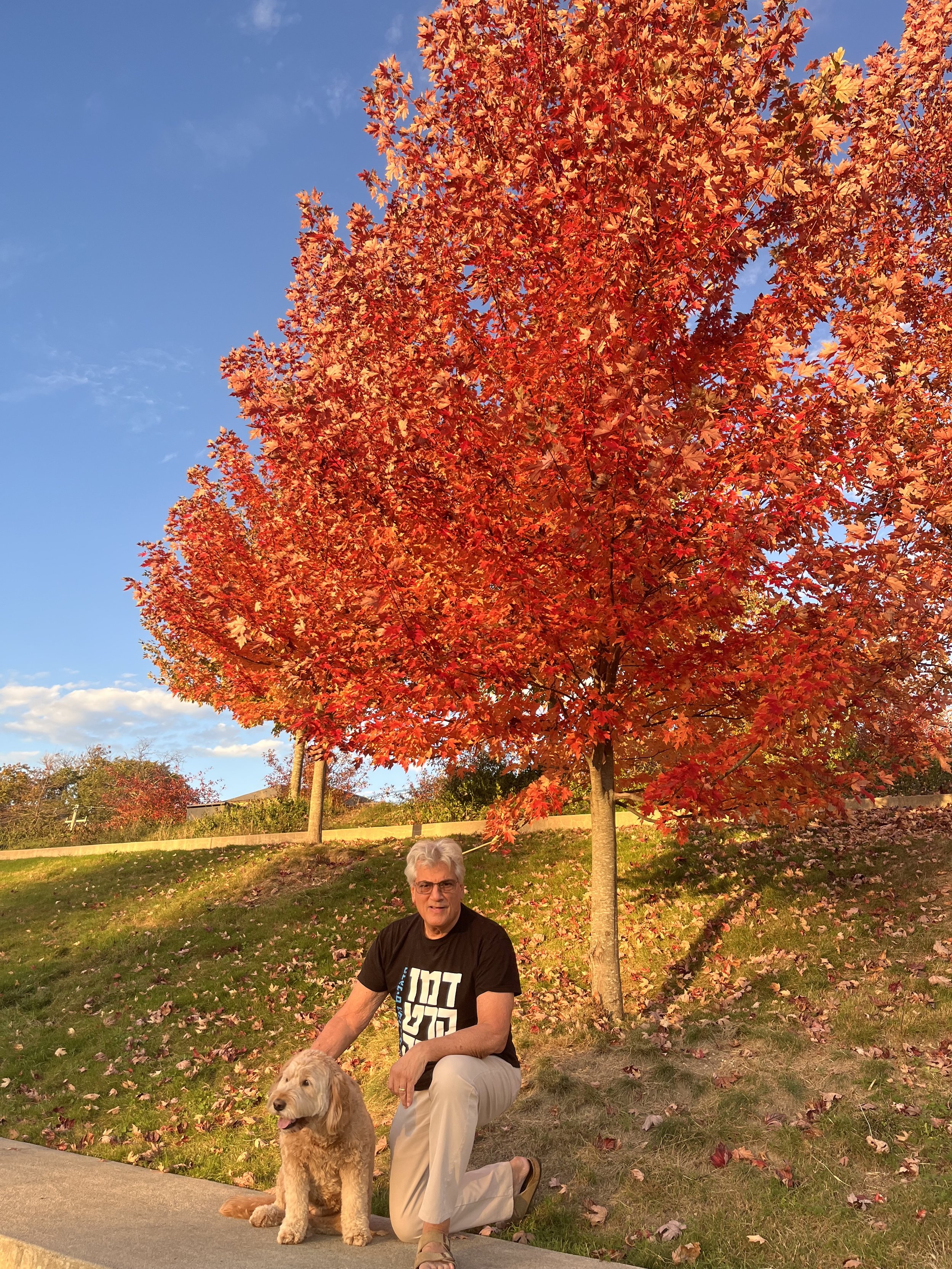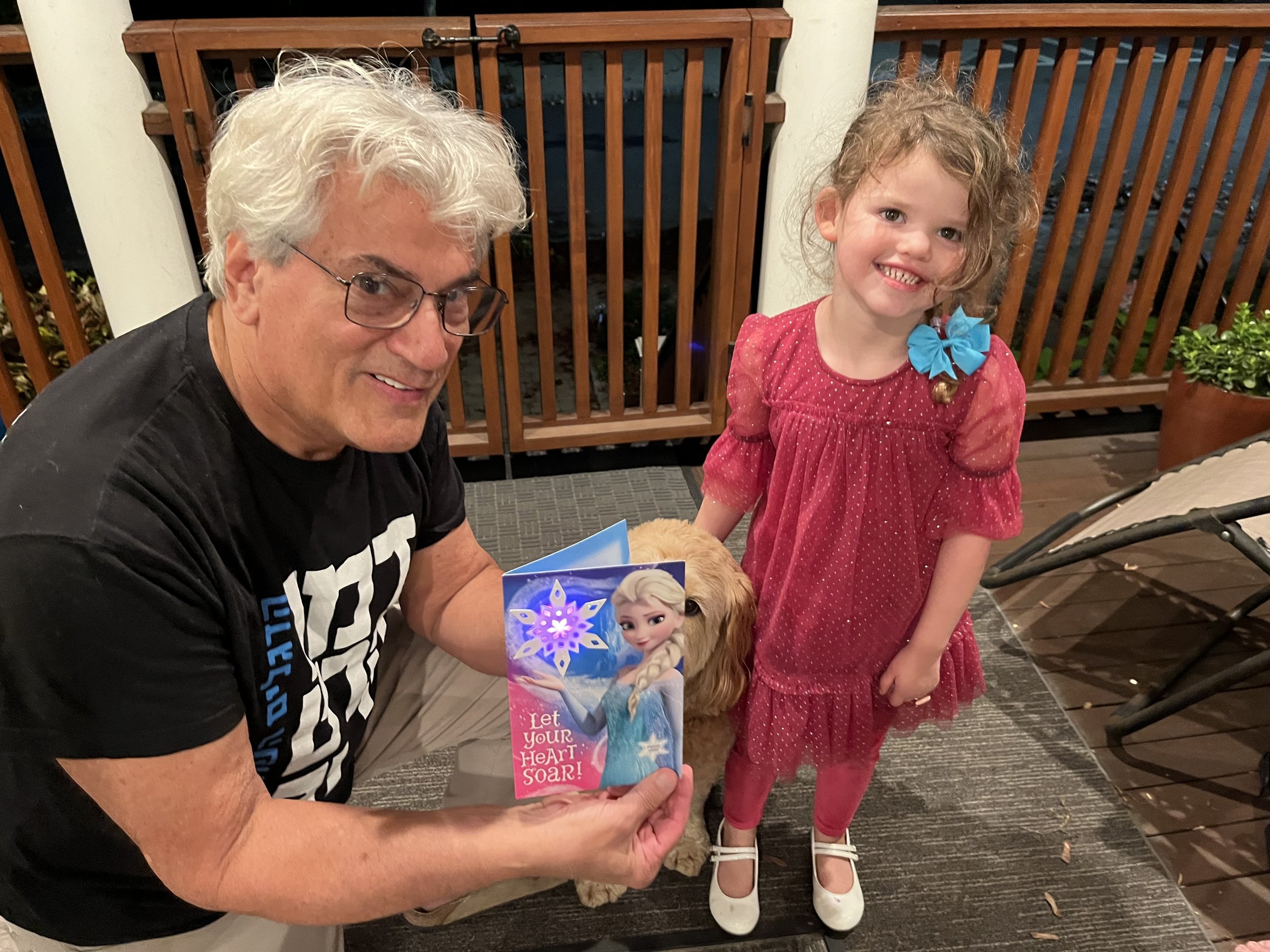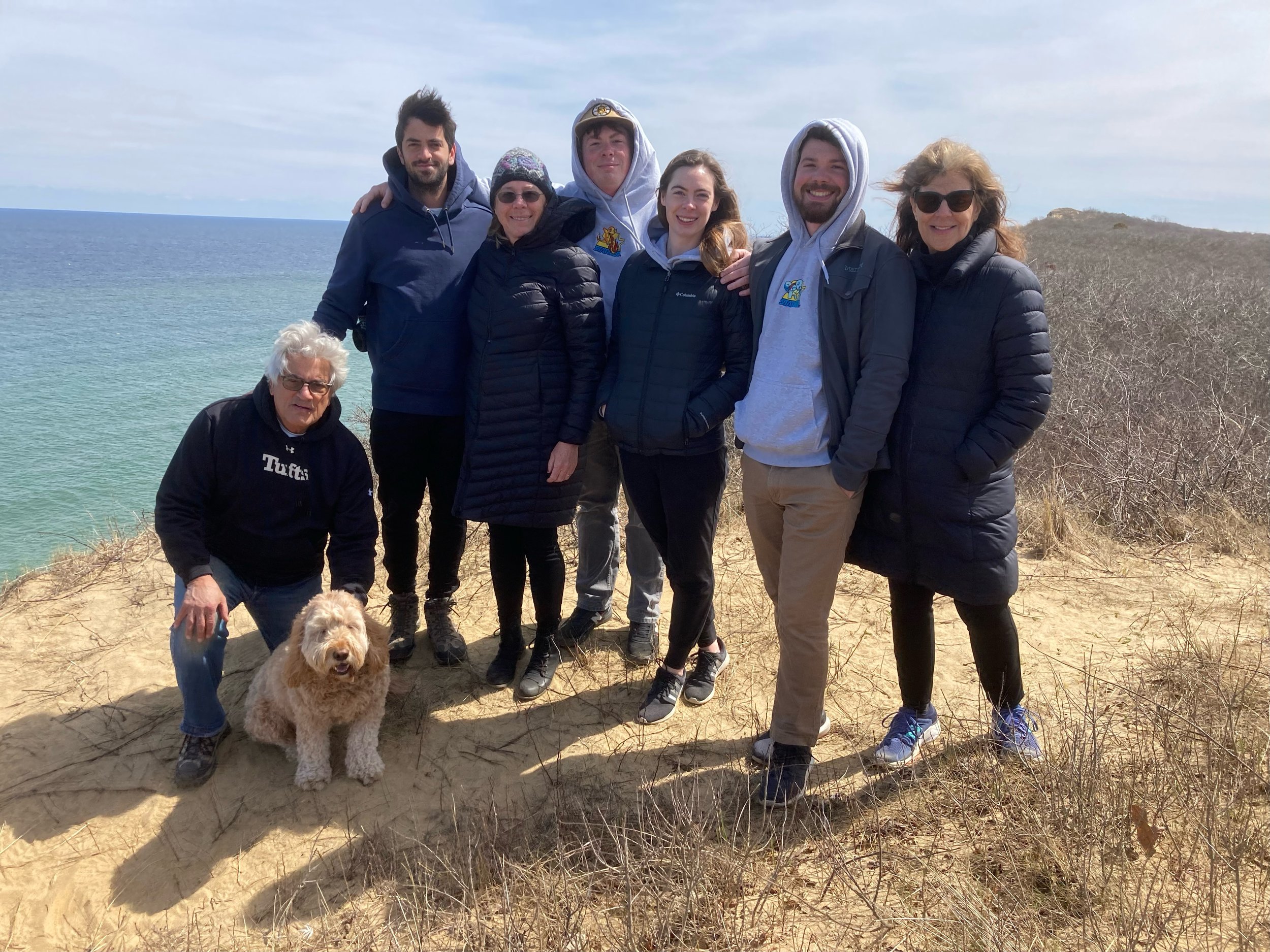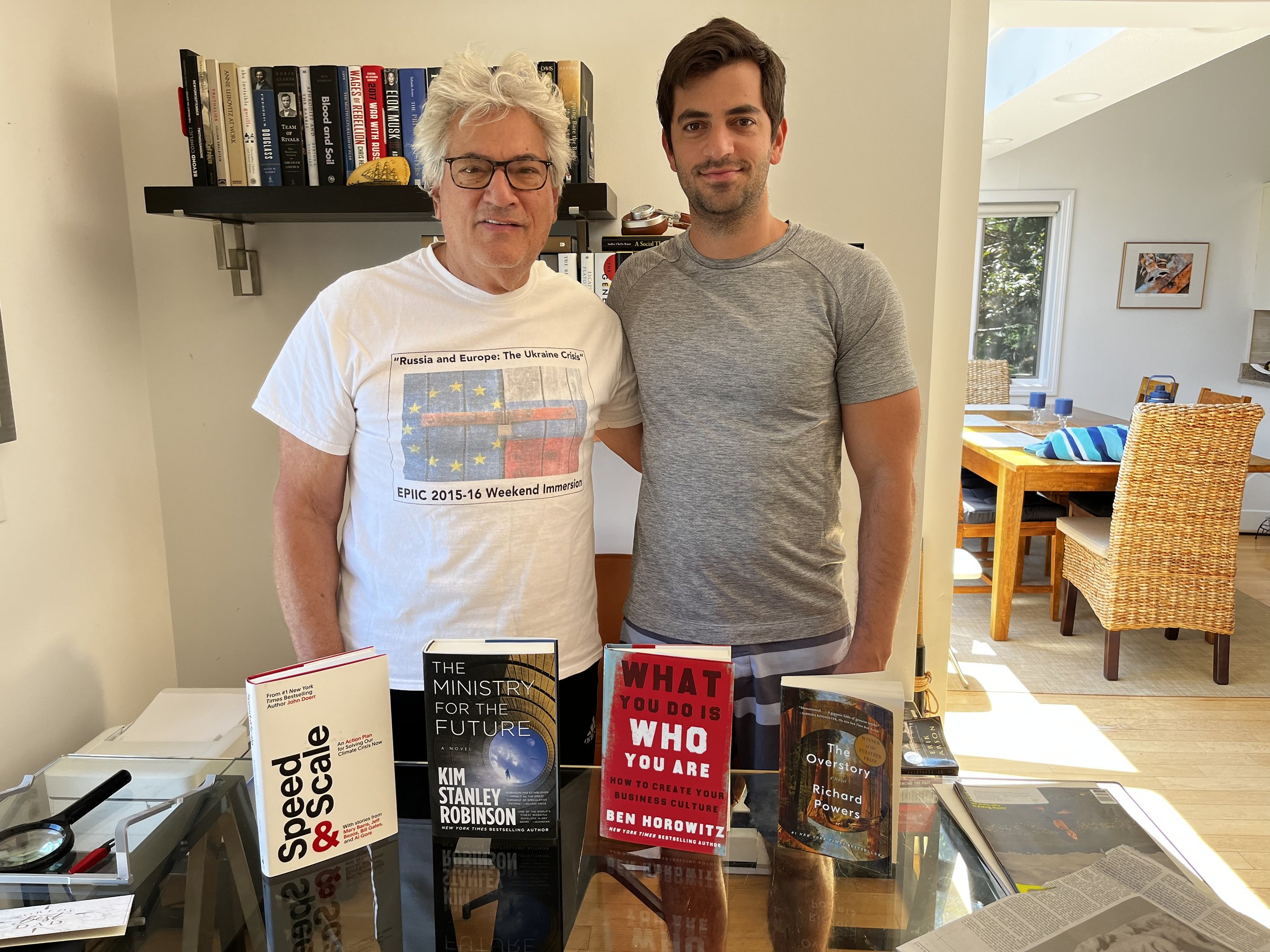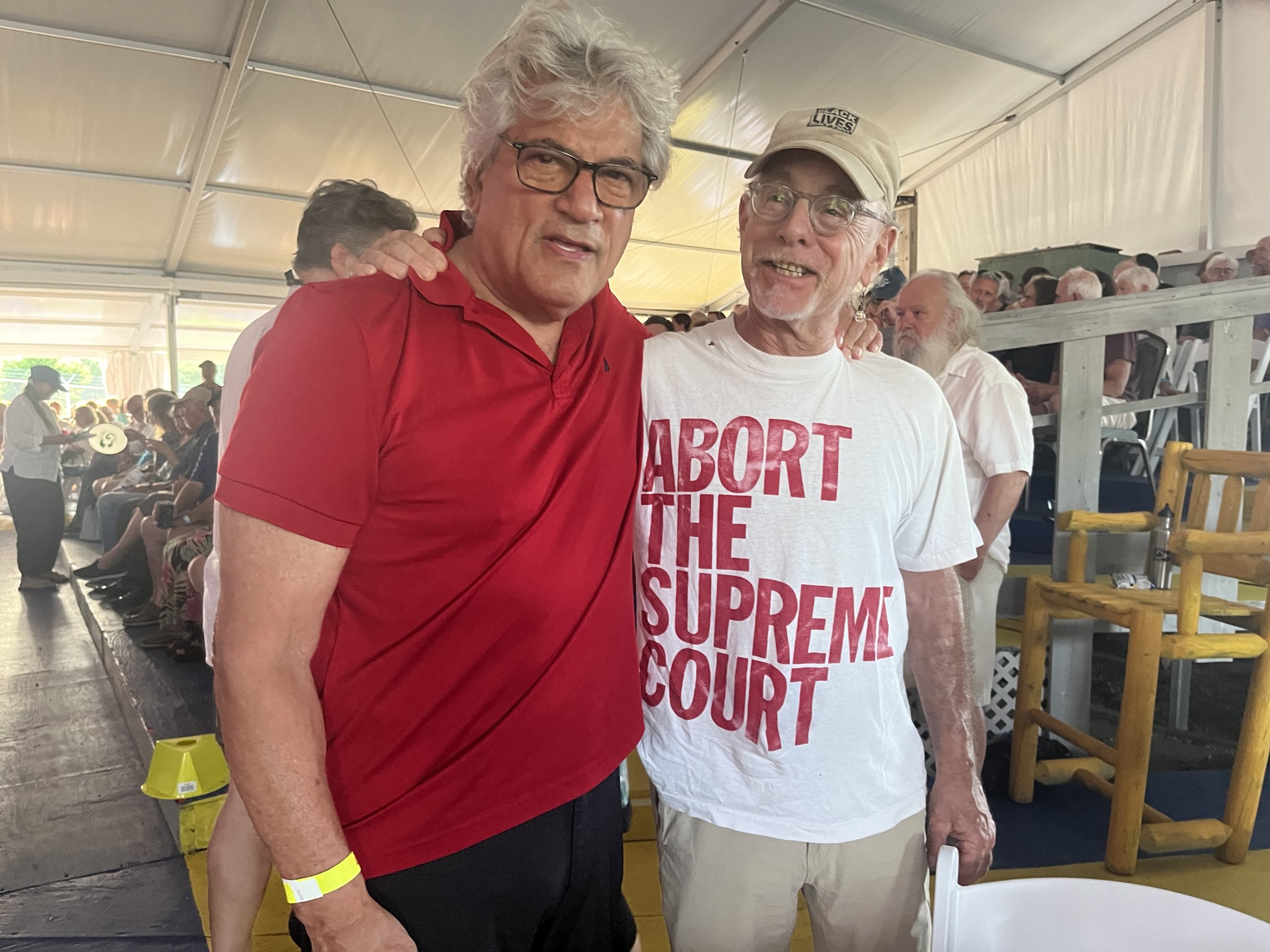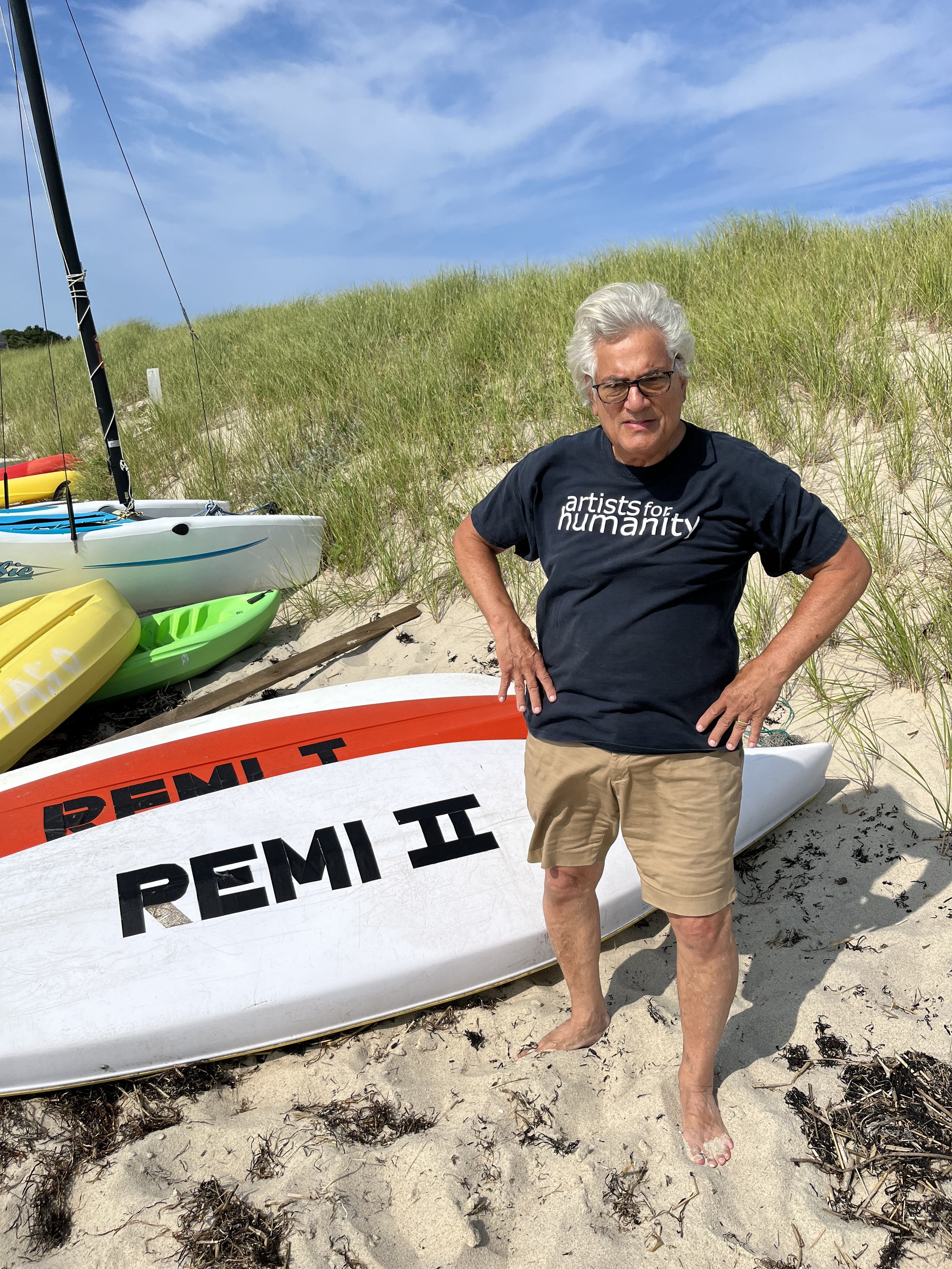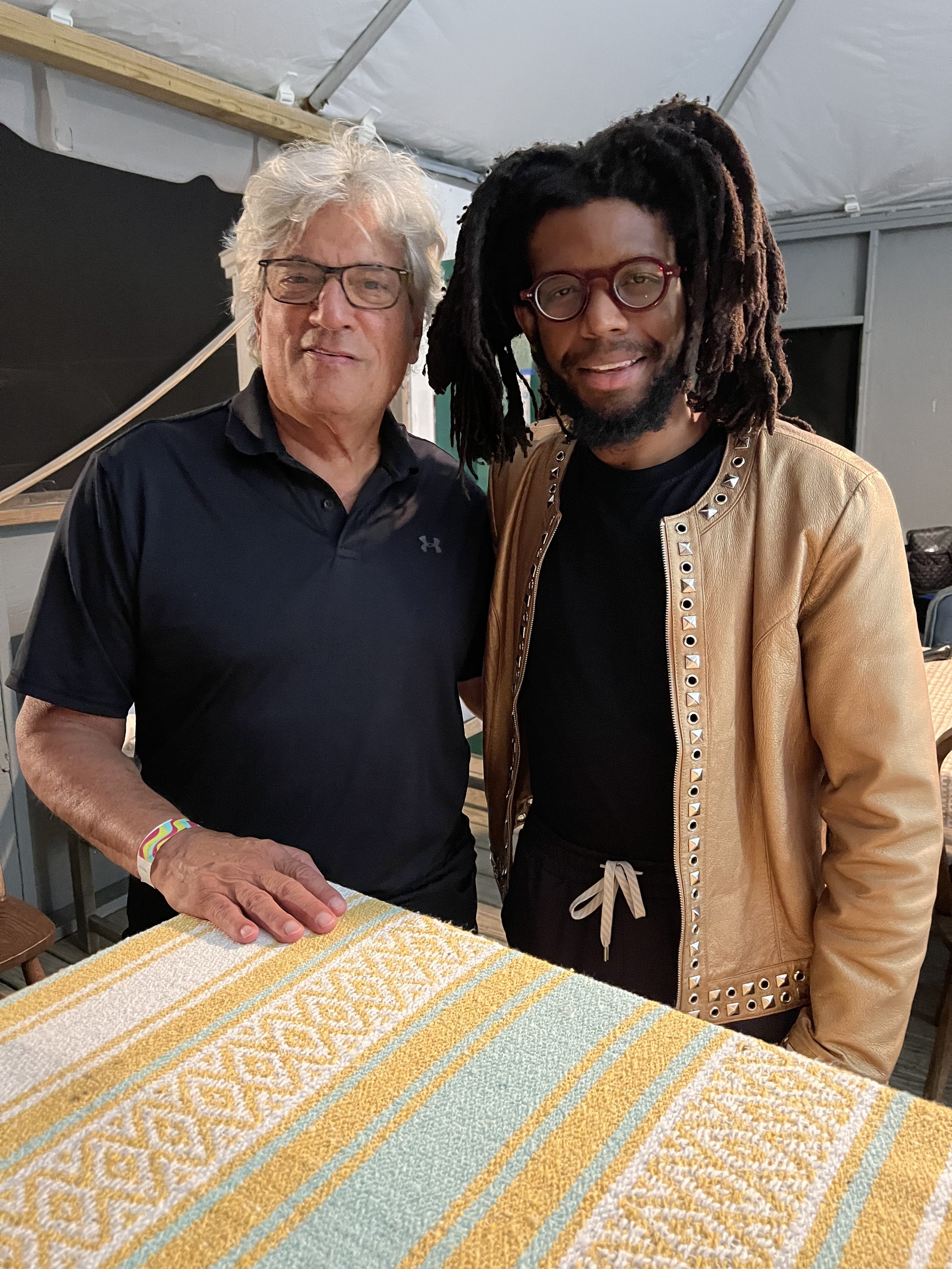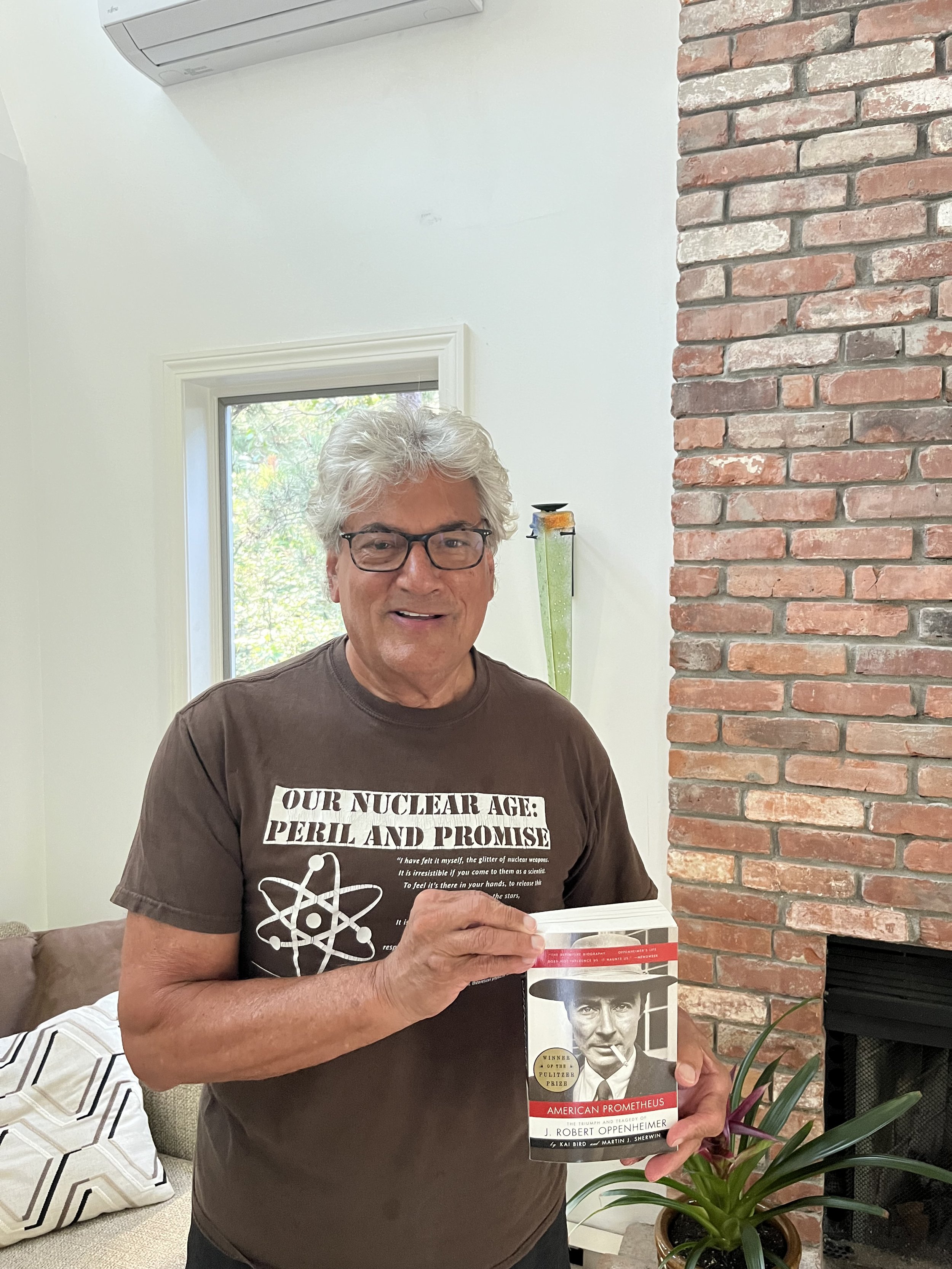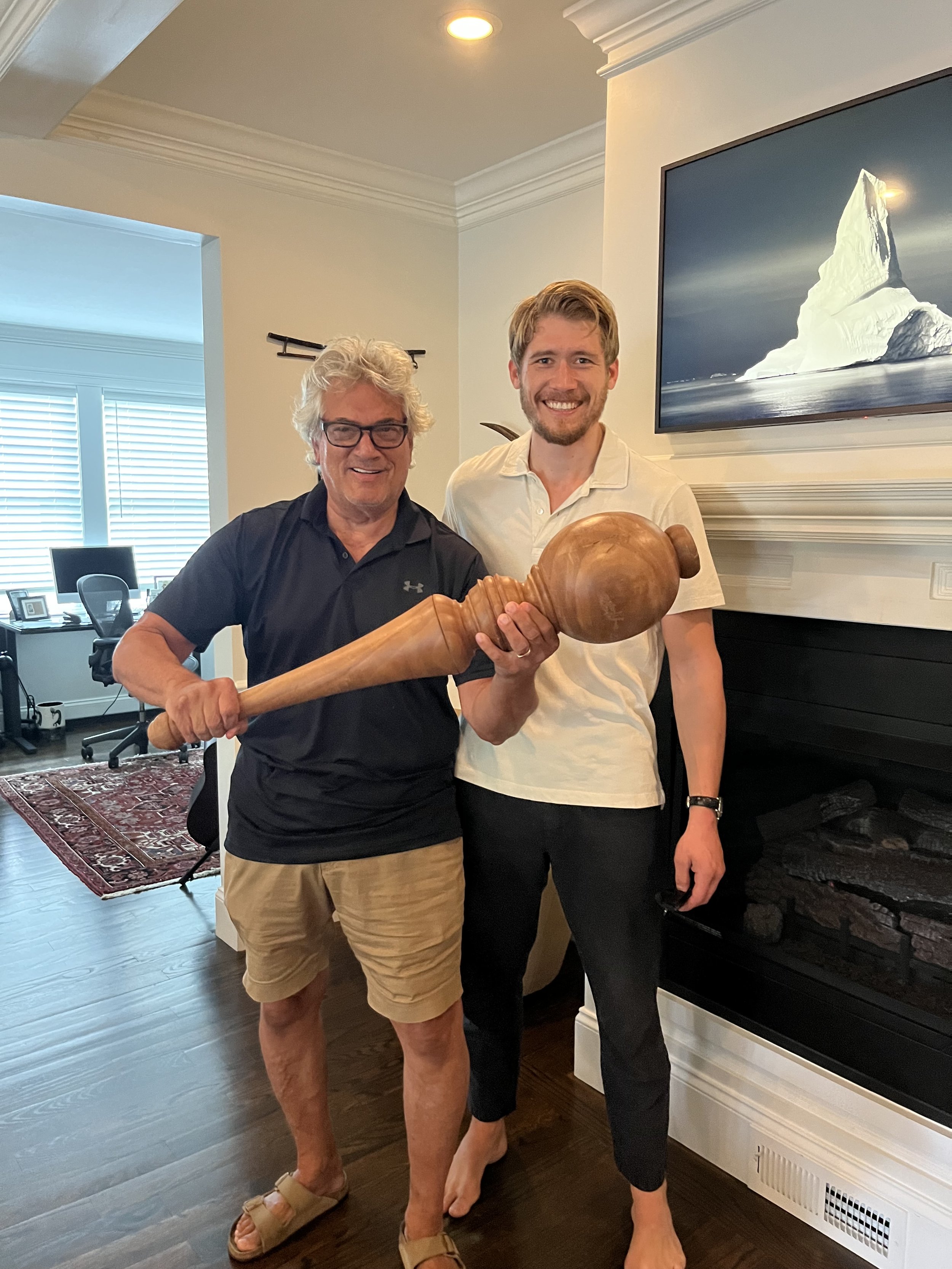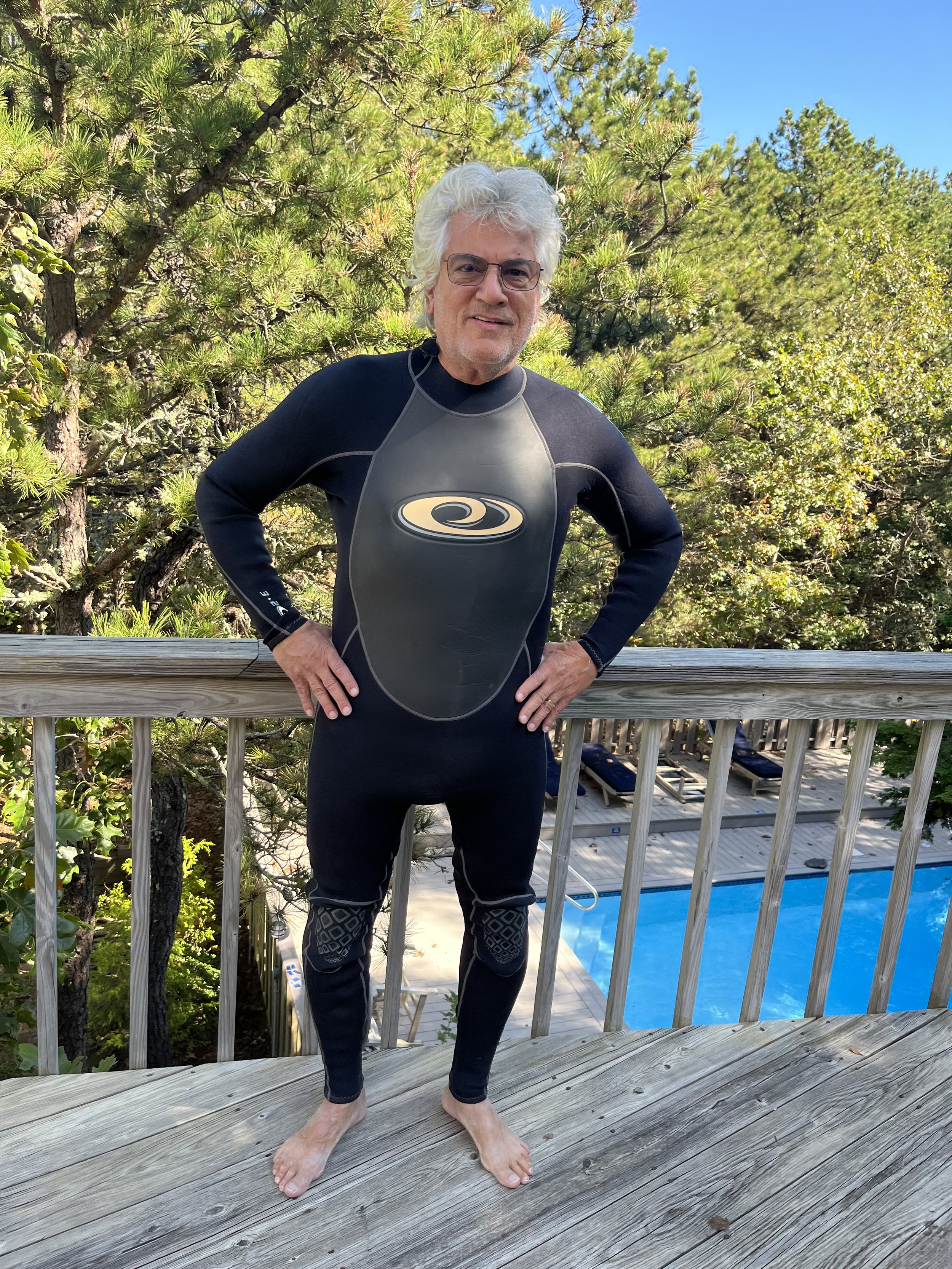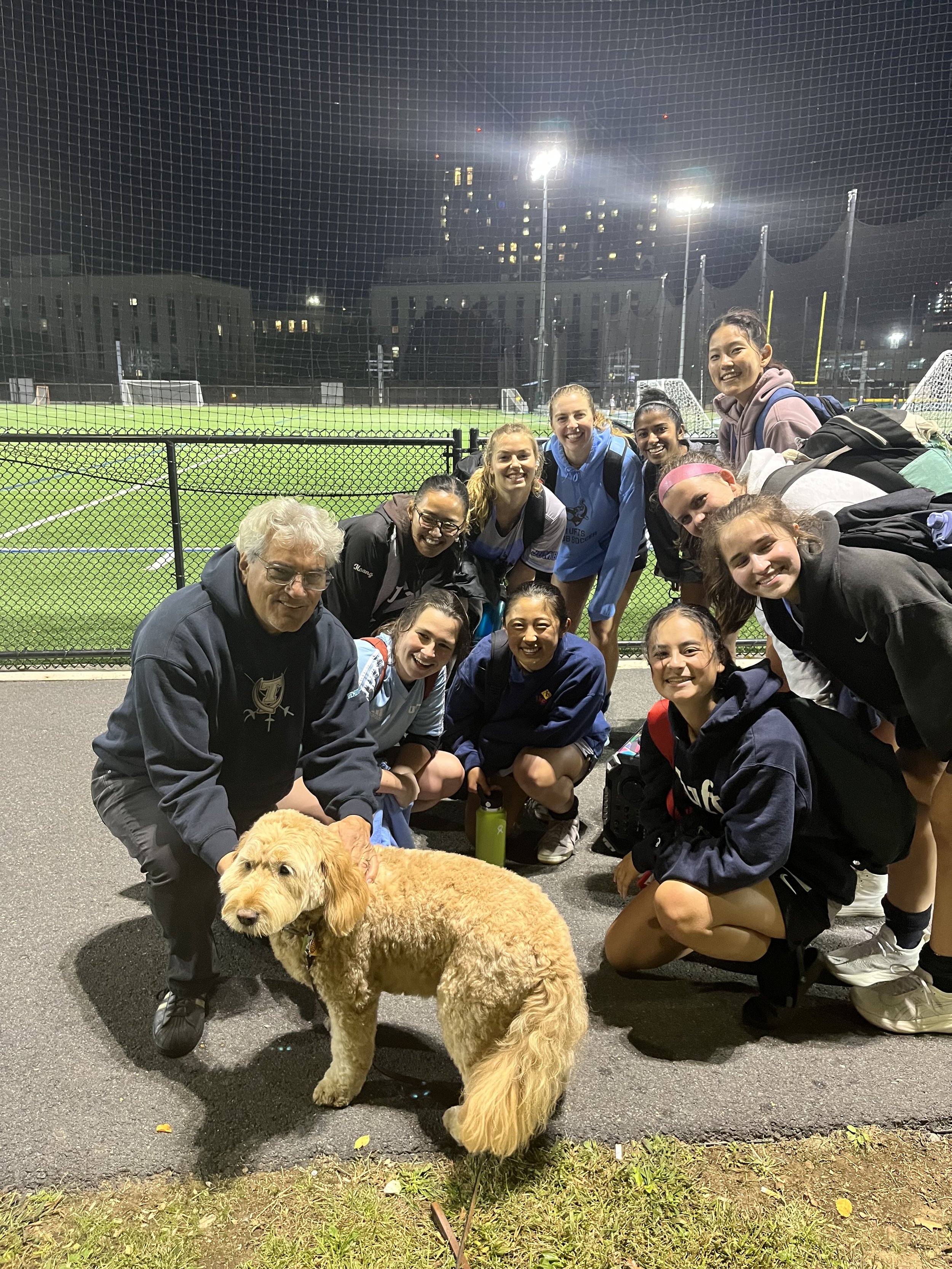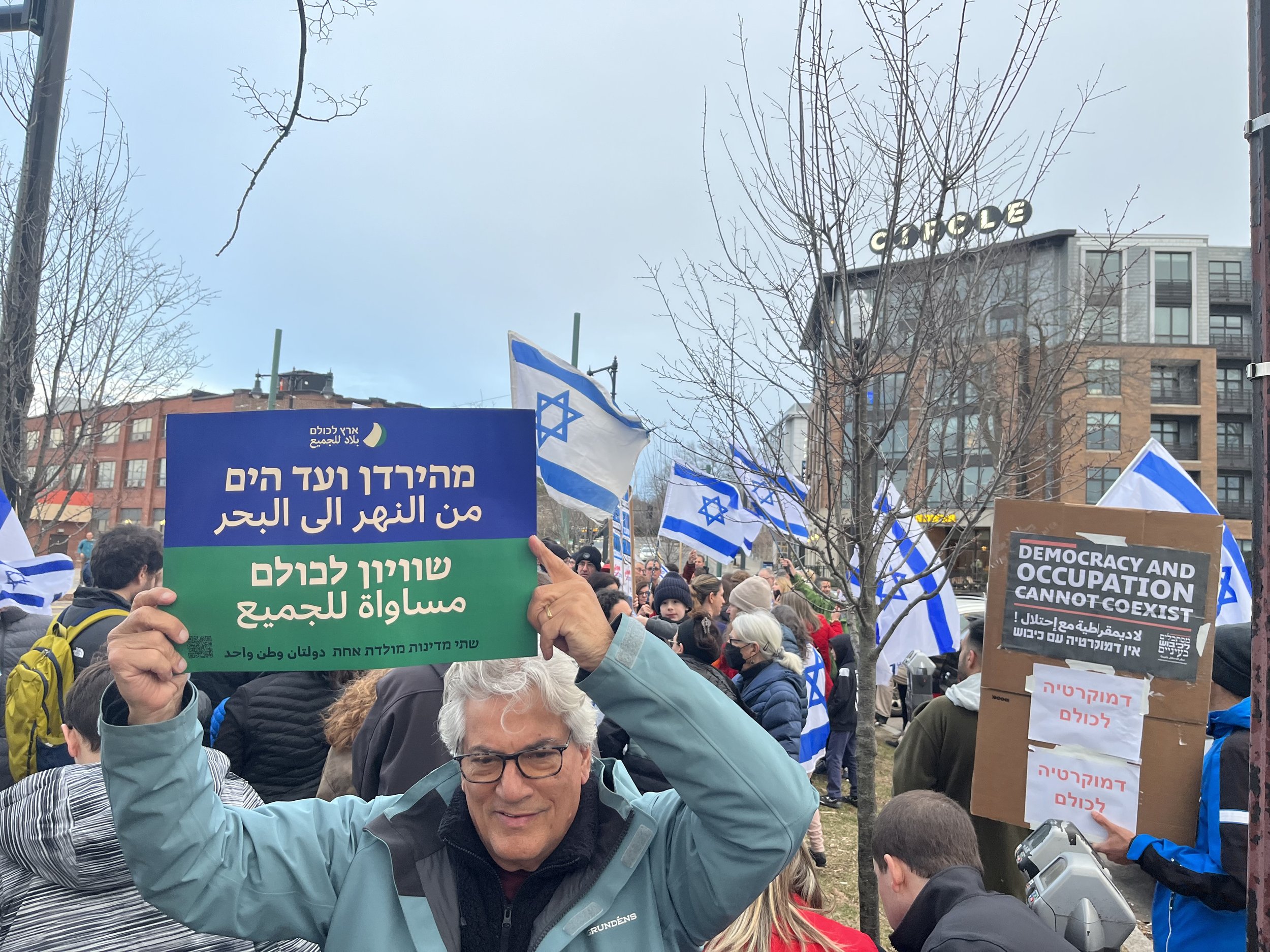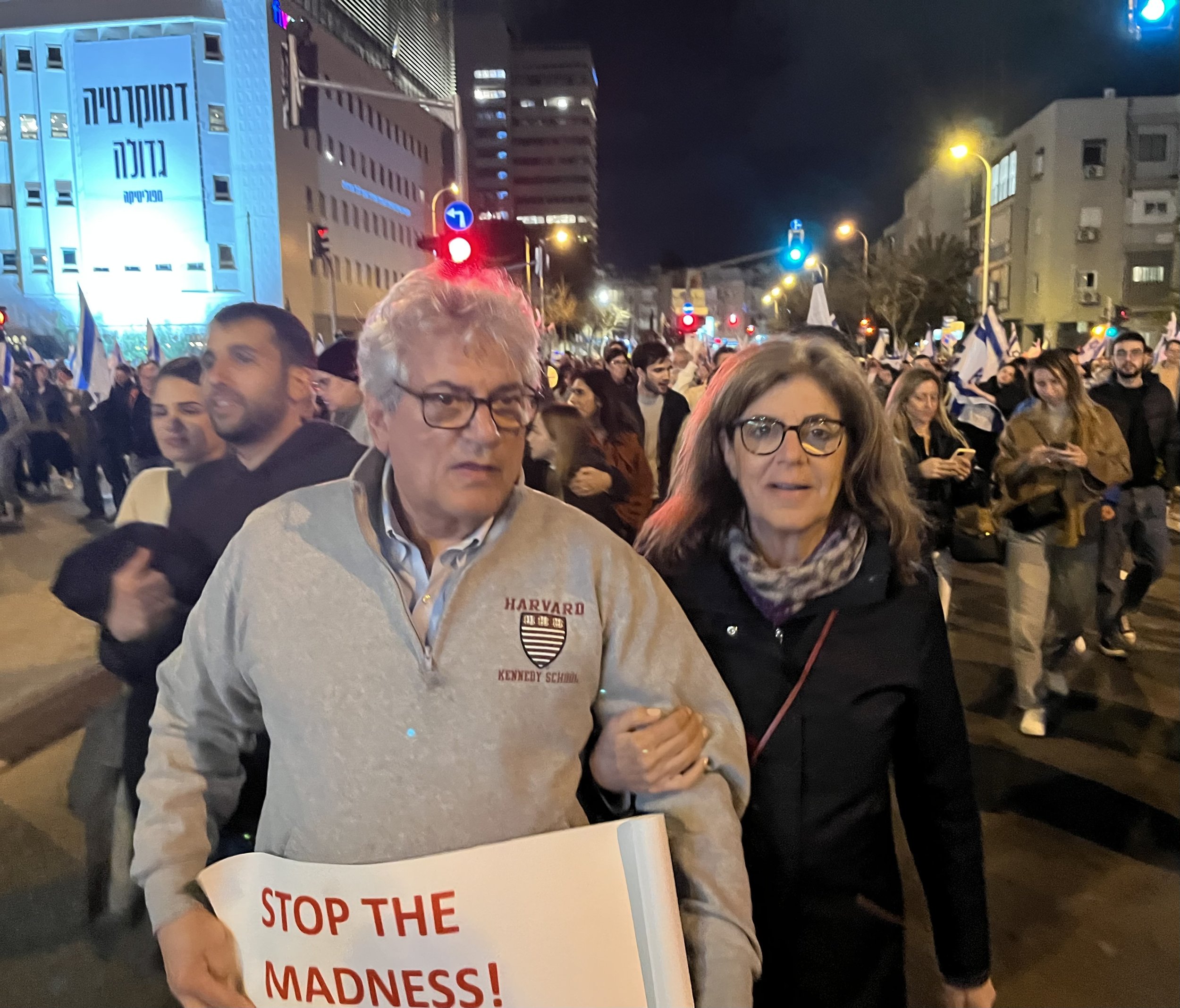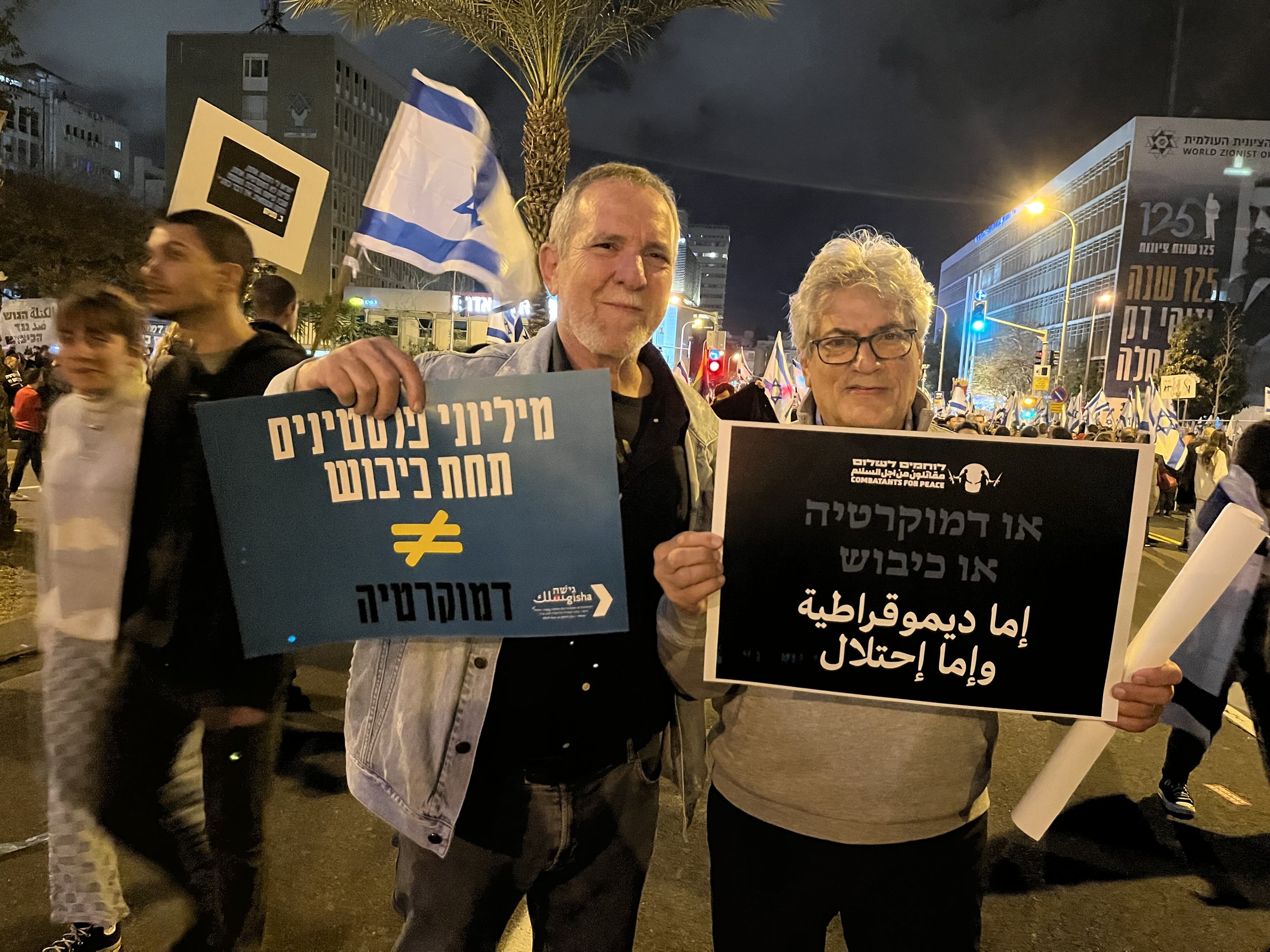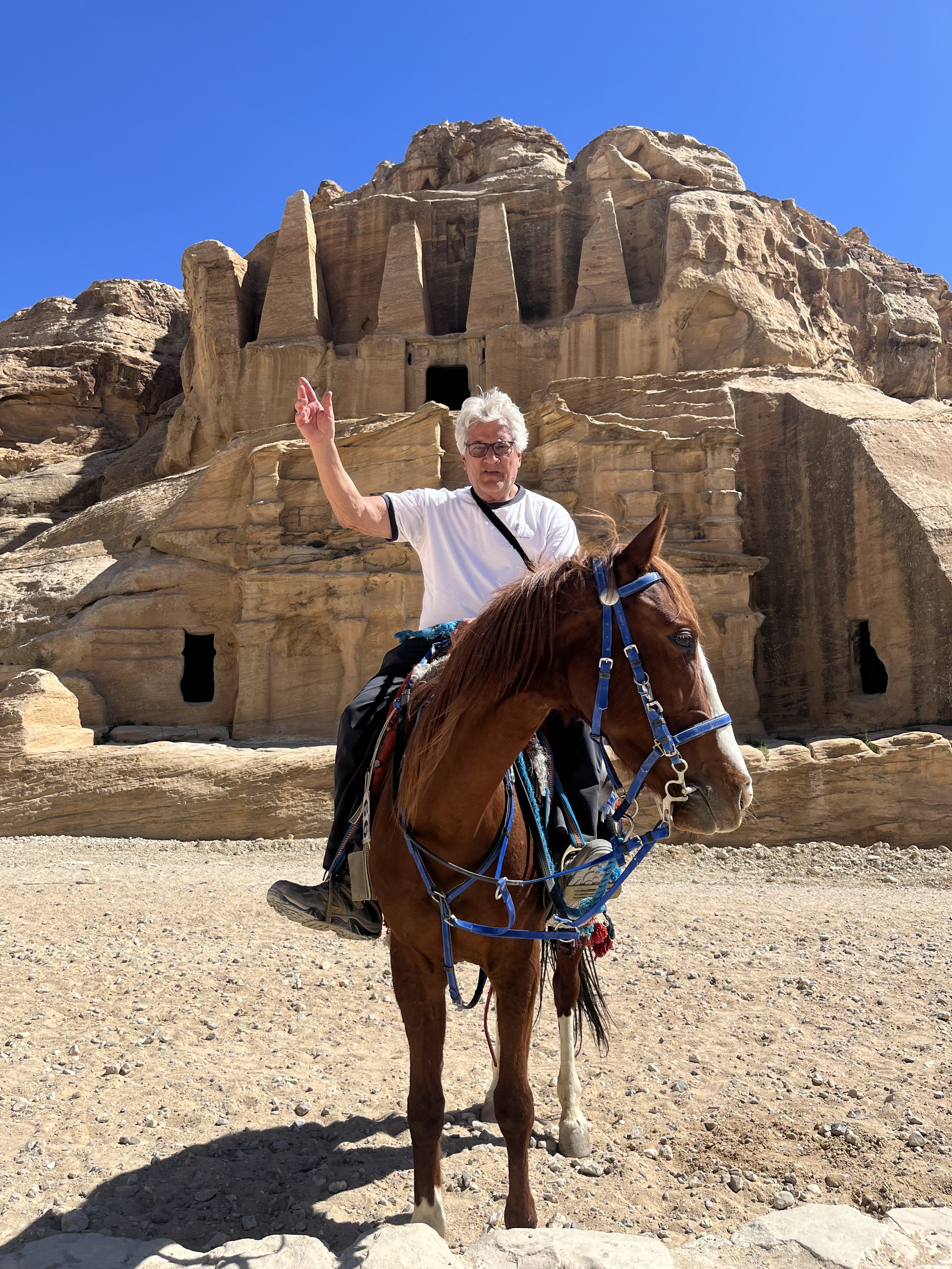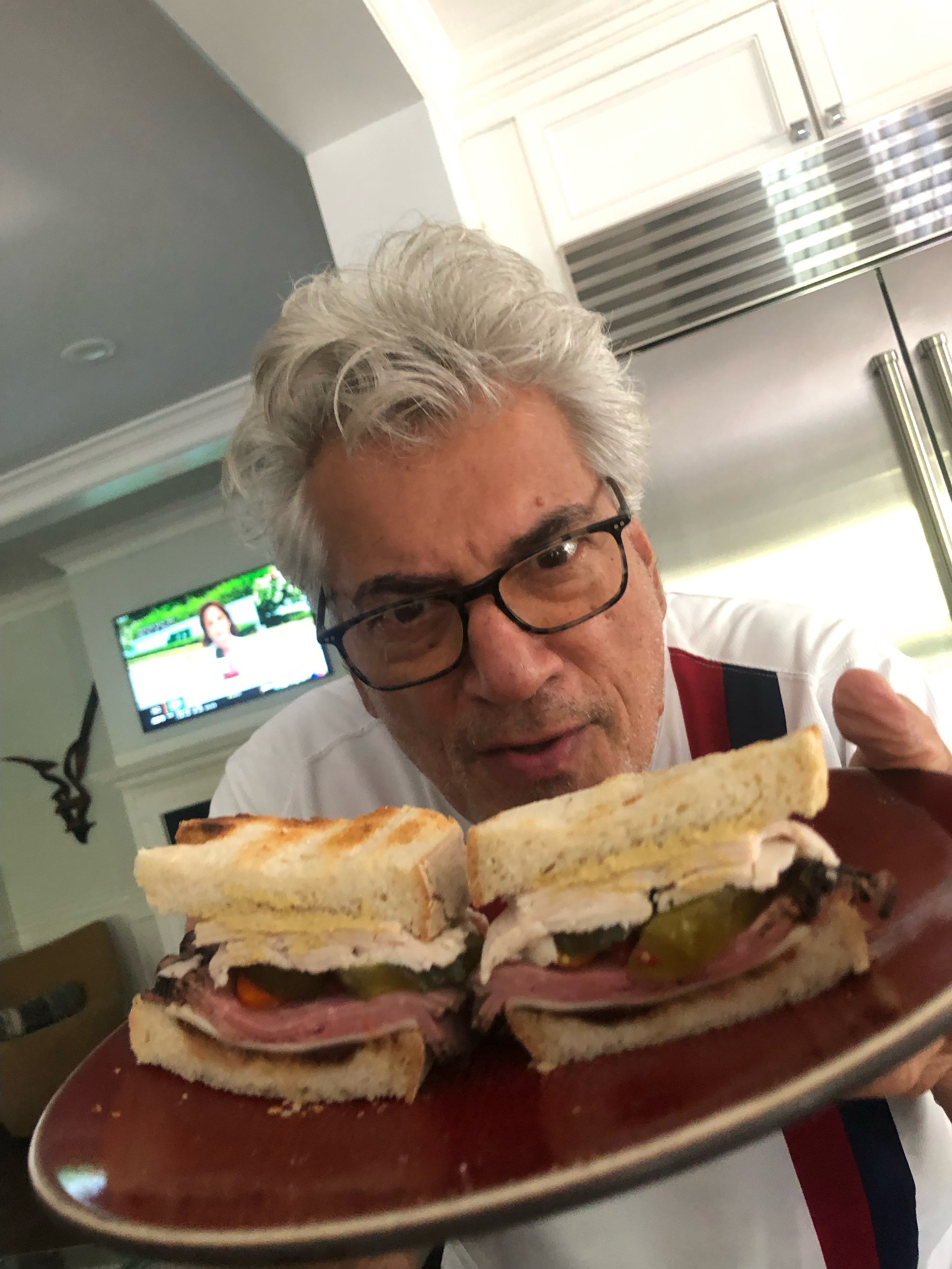SHERMAN TEICHMAN
Founding President, The Trebuchet
I am the Founding Director Emeritus (1985-2016) of the Institute For Global Leadership at Tufts University. Click on this link for the core program of the institute EPIIC. Here’s the link for many of the prior programs that I directed. This resolution from Tufts’ President Anthony Monaco upon my departure encapsulates and summarizes my accomplishments during that time.
Resonating the mantra I originally developed for the Institute, Thinking Beyond Boundaries / Acting Across Borders, The Trebuchet’s motto is Breaking Down Barriers / Building Bridges.
Directly after becoming Emeritus, I was named a Senior Fellow with the Carr Center for Human Rights Policy at the Kennedy School of Harvard University, a two-year term from July 2017 through August 2019.
Soon turning 82…
In 2021 I accepted an appointment as Professor of the Practice of International Relations and Global Affairs and Special Adviser for Intellectual Life at one of India’s newest universities, Sai University in Chennai, India, (2021-2025), reuniting with a wonderful friend, SaiU’s then Vice Chancellor, the noted cognitive neuroscientist, Professor Jamshed Bharucha, formerly Tufts University’s Provost. I helped develop their initial international relations curriculum, buttress their Alternative Dispute Resolution instruction, and advised the Vice-Chancellor on the creation of their interdisciplinary synaptic offerings. I concluded my four years, primarily virtually, in 2025.
I also developed a Distinguished Lecture Series at Krea University with another wonderful friend, Vice Chancellor Nirmala Rao
I have concluded a three-year term as Non-Resident Research Associate at the Centre for International Studies of Oxford University's Department of Politics and International Relations. I serve as Senior Fellow at the Liechtenstein Institute for Strategic Development, and at the Raoul Wallenberg Centre for Human Rights; Senior Strategic Advisor for the Human Rights Foundation (expanding the Oslo Scholars Program I created), and Strategic Adviser for RefugePoint, and Music for Life International.
I serve on the Advisory Boards of the VII Foundation and the Mind/Brain Center on War and Humanity; Internet Bar Organization, the Development Advisory Board of the Council for European Studies, and contributor, EuropeNow; Daughters for Life Foundation; The Academic Board of the American Friends of Combatants for Peace; Student Pugwash USA, International Student/Youth Pugwash, the International Peace Accelerator; Embodying Peace; Embodying Justice, Jewish Movement for Uyghur Freedom, Global Futurist Initiative, and Final Words.
In 2018, I was appointed by the Albright Institute of Wellesley College as the inaugural Mentor for their Albright Fellows. I advise the directors and students of Harvard College’s International Relations Council.
I am a Fellow of Professor Philip Bobbitt’s Institute for Law and Strategy.
Most recently, I’ve joined the Board of Advisors of The Healing Minds Foundation
And pursuing one of my passions, architecture, I have accepted an invitation by one of my wonderful alumni, Professor Mae-ling Lokkho, to join the Advisory Board of her Yale University Center for Ecosystem + Architecture. (I pursued a minor in art history and architecture at JHU.)
Current STATUS
After finishing my four-year commitment to SaiU a few months ago, I shockingly realized that it had been 60 years since I had either a responsible TA role, or opened a course of my own!
I imagined a more relaxed end of summer, flowing into a uniquely relaxed fall, turning gently 82 in late October, and not returning to Brookline until Thanksgiving, but rather staying in my home in Truro, Cape Cod, swimming, running Remi on the beach, hot-tubbing, enjoying concerts at Payoment, (whose cultural board Iris has joined), and planting more bulbs.
Truro has perhaps 2,000 full-time residents, swelling to 15,000 during the summer, a place where at night, when approaching our home, I could be confident in noting under 10, if that, oncoming car lights, coming from Provincetown. It is where “Agent K” (Tommie Lee Jones) in Men In Black II hides away in Truro as Truro’s postmaster as allegedly the last remote point on the North American continent.
It is a retreat Iris and I created when I turned 65, the envisaged glorious, but seemingly archaic retirement age of my Dad’s generation. He, of course, General practitioner physician, never acknowledged that, and would wake up in the middle of the night to attend to house calls for his patients into his 70’s. I also had no intention of retiring, but we determined to enhance our life and found a home at the end of a cul de sac and I had the word EQUILIBRIUM chiseled into a rock boulder at the top of our driveway.
September and October, even November, are the most delightful times on the Outer Cape, as swarming tourists recede, yet galleries and restaurants stay open. While Iris who is teaching podcasting journalism at Harvard’s Extension School, and another seminar at Brandeis in the journalism department, (whose department chair who is my former student, Neil Swidey), and the plan was for her to commute via the Provincetown ferry.
I was anticipating lots of hot tub uncustomary fiction reading, soliciting recommendations from friends, starting perhaps with Pynchon. One Battle After Another, reinforced my efforts at not ever relenting on the struggles here, and Gaza kept me outraged and engaged with my NGO activity, but I promised Iris not to let the external world entirely overcome us in the last decades of our lives.
I was in the midst of reading a critical biography of Buckminster Fuller and so I was wonderfully surprised to receive and accepted an invitation by one of my wonderful alumni, Professor Mae-ling Lokkho, to join the Advisory Board of her Yale University Center for Ecosystems + Architecture.
I had also not imagined what has ensued at Tufts.
Nearly a half year ago I was invited to a long dinner by the new innovative Vice Provost for Education, Cigdem Talgar who wanted to understand the uniqueness of the IGL - I told her it was a combination of selecting meaningful challenges, ensuring rigor and accountability, providing immersive experiential education, and the passionate building of a caring community of respect and trust.
She indicated the she wanted the Institute’s pedagogy to be the hallmark of immersive and experiential education throughout Tufts, as it was for many decades, understood as Tufts’ cross-school interdisciplinary, intellectual and academic signature program.
I heard little of this until an invitation by Heather Barry, endorsed and contracted by Tisch that I accepted to help create the 40th Anniversary colloquium of the Institute for Global Leadership, a colloquium endowed in my name decades earlier.
It is no longer the Initiative, but the Institute once again, at Tisch, and its leadership are appropriately strongly behind Heather and this. It was doubtlessly the outcome of a battle waged by loyal alumni and significant Board members, including University Trustees Jennifer Selendy, and Javier Macaya. It is the nascent seeds of retrieval of the Institute’s potential independence and impact.
I have just finished the colloquium. Many of our powerful alumni, now also Convisero mentors,who were invited, returned.
Things have continued to radically change in my professional life.
I have spent several August days in Truro with the noted Canadian documentary filmmaker Paul Jay to explore the possibility of joining forces with him to develop his remarkable new film, How to Stop a Nuclear War. The film is based on the critical disclosures on nuclear history by the courageous whistleblower, Daniel Ellsberg, famed for his exposure of the Vietnam War in the Pentagon Papers. Many are recounted in his book The Doomsday Machine: Confessions of a Nuclear War Planner, with extensive new material gathered over forty-plus hours in interviews with Dan, which Paul conducted with him in the last few years (sadly Dan passed away in January 2023). I first met Dan when he participated in our Institute’s Covert Action and Democracy year, when he and historian George McHahan questioned former CIA director William Colby on the CIA’s counterinsurgency program in Indonesia, PEMESTA, and whether it presaged the CIA’s Phoenix program in Vietnam. Bill, subsequently wrote that he respected that he was treated fairly, without an ad hominem attack, but in debate over a careful rendering of facts. It is this balance that I seek in this curriculum.
This opportunity will touch on the enduring themes that have preoccupied me for decades — the mythology and legacies of the Cold War, the influence of the military-industrial complex, and questions of secrecy, ethics, policy, and the moral dimensions of both public decisions and personal responsibility.
(It’s extended trailer’s How to Stop a Nuclear War access code is stopnuke321)
Images
The first row of the photos below is from my octogenarian era. The rest are of Brookline, Israel, Jordan, and Truro 2023.
Gaseidnes, Geir (EPIIC ‘98)
“The Life and Times of Sherman Teichman”
Ink on paper
Teichman private collection, Brookline, MA

